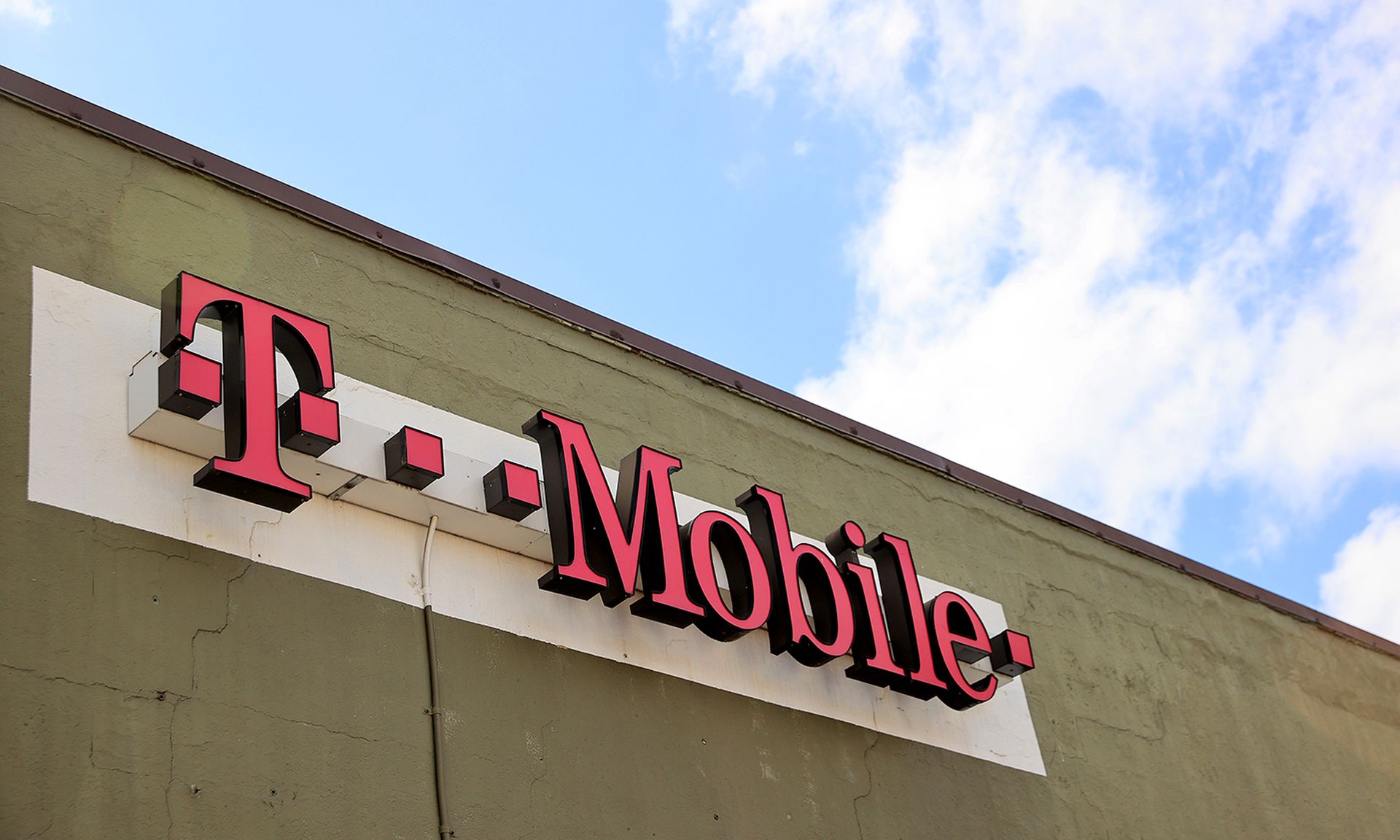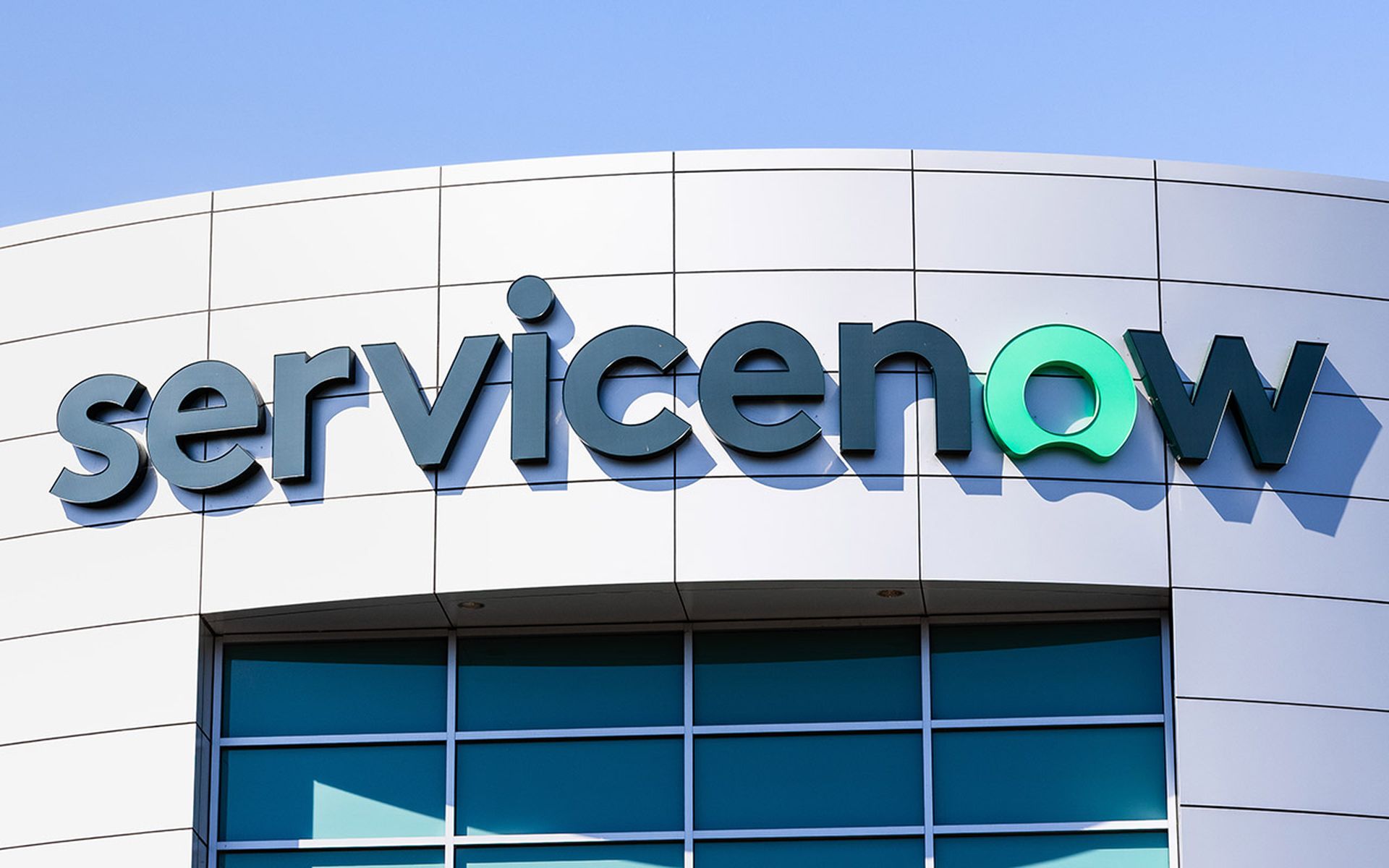
Paladin Cloud on Monday announced a $3.3 million seed round with T-Mobile Ventures that aims to equip developers with a strong platform to detect, visualize, and remediate important risks in their multi-cloud environments across Amazon Web Services, Microsoft Azure, and the Google Cloud Platform.
Developers can use Paladin Cloud to continuously monitor their cloud services in real-time. The open source platform promises to identify and eliminate misconfigurations, thus reducing security risks while automating workflow and remediation.
Leveraging T-Mobile’s PacBot framework, Paladin Cloud aims to build a new open source community for developers dedicated to holistically improving cloud security.
It’s become very important to incorporate security into development, both by setting policies as guardrails to block coding misconfigurations from being deployed, and to automate testing of apps to quickly identify and fix security issues, explained Melinda Marks, a senior analyst at the Enterprise Strategy Group.
“This has been a challenge with modern software development, to build these processes into development in a non-disruptive way,” Marks said. “An investment from T-Mobile shows they are interested in helping developers get the resources they need to produce secure code for more secure applications. And because so many more transactions are happening now via mobile, it gives developers the right tools can help secure their apps…otherwise anything disruptive will make them skip the security measures.”
Frank Dickson, who covers security and trust at IDC, said misconfigurations have become the primary risk vector for cloud application, much worse than vulnerabilities, adding that developers desperately need offerings addressing misconfigurations.
“I question the open source approach, though,” Dickson said. “I realize that open source is the rage in software, but open source also means that the customer owns the outcome. It also means yet another vendor to manage. The needs of the market are demand more integrated platform solutions that create outcomes for customers.”



